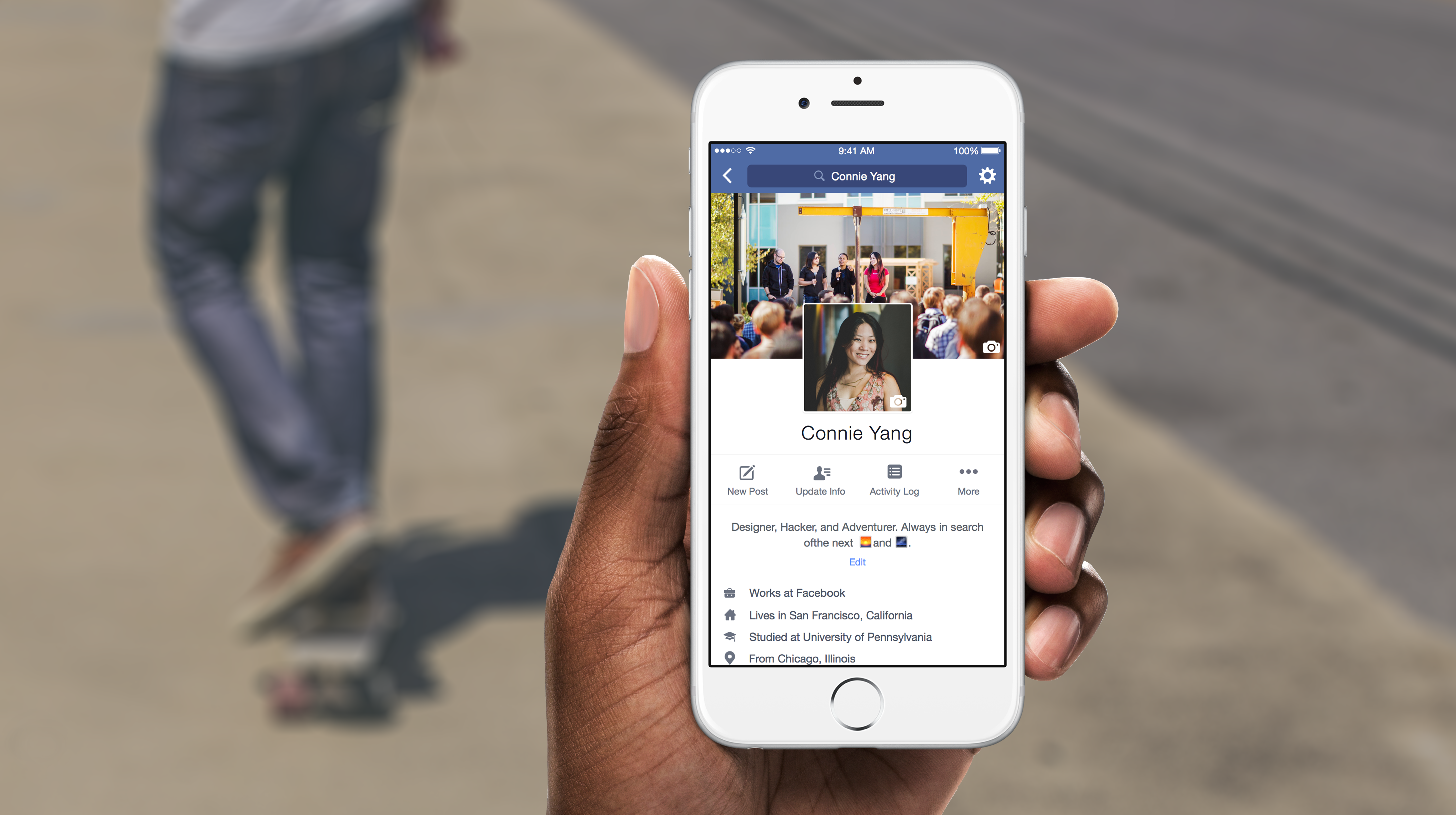Facebook updates policy to prevent your data from being used for surveillance
The social network aims to curb unauthorized monitoring

Privacy is always a touchy aspect of the social media experience, but unauthorized gathering of personal info - especially for use by law enforcement - tends to hit that nerve especially hard.
To that end, Facebook and picture-sharing service Instagram, which is owned by Facebook, have reworded their platform policies for third-party developers, making it clear that using personal data for surveillance is banned.
"Our goal is to make our policy explicit," says Facebook's official Privacy Policy page. "Over the past several months we have taken enforcement action against developers who created and marketed tools meant for surveillance, in violation of our existing policies."
In case it seemed foggy the first time, Facebook's new platform policy makes it explicit, asking developers not to use Facebook data to "provide tools that are used for surveillance" flat-out.
Additionally, a Facebook representative tells us that the site's platform policy is global - affecting developers from all regions planning to work with the blue-and-white internet giant.
News Feeding
Policy updates are a common practice for Facebook, with some other recent changes preventing issues such as discriminatory ads, companies using Facebook data to approve or deny loans, and promoting payday loans to users.
However, there may be a more specific inspiration behind Facebook's latest rewrite, following an instance of law enforcement using Facebook data against the site's policies to track protesters in the US, according to The Guardian.
Sign up for breaking news, reviews, opinion, top tech deals, and more.
The social media hub was urged by the American Civil Liberties Union to update its policies following accusations of a third-party social media developer feeding Facebook data to law enforcement officials.
This data was reportedly marketed to and used by police to monitor individuals that checked in at protest sites, used hashtags associated with protests, or interacted with activist groups on social media.
Facebook and Instagram have since addressed this particular issue, and hope that the more direct wording will ensure a developer "understands the underlying policy and how to comply" when it comes to handling your data.
